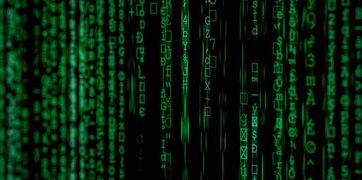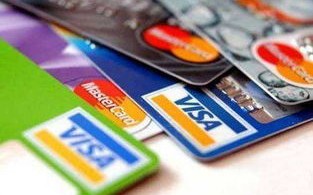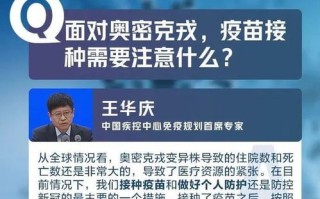Title: Exploring Potential Product Layouts for Blockchain Applications
In the realm of blockchain technology, the potential for product layout is vast and diverse, spanning various industries and use cases. Blockchain's decentralized and immutable nature offers numerous opportunities for innovative product development. Let's delve into several potential product layouts across different industries:
Finance and Banking:
1.
Cryptocurrency Wallets:
Develop userfriendly wallets for storing, sending, and receiving cryptocurrencies. Incorporate features like multisignature support and secure key management.2.
Decentralized Exchanges (DEX):
Create platforms for peertopeer trading of digital assets without the need for intermediaries. Implement smart contract functionality for automated order matching and settlement.3.
Blockchainbased Lending Platforms:
Facilitate peertopeer lending by connecting borrowers directly with lenders through smart contracts. Enable transparent loan origination, repayment, and interest calculation.Supply Chain and Logistics:
1.
Traceability Solutions:
Build blockchainbased systems to track the provenance and movement of goods throughout the supply chain. Provide stakeholders with realtime visibility into product history, enhancing transparency and trust.2.
Smart Contracts for Shipping:
Utilize smart contracts to automate and enforce contractual agreements between parties involved in shipping and logistics. Enable automatic payment release upon fulfillment of predefined conditions.3.
Inventory Management:
Develop blockchainpowered inventory management systems to optimize inventory tracking, reduce discrepancies, and streamline order fulfillment processes.Healthcare:
1.
Medical Records Management:
Create secure platforms for storing and sharing electronic health records (EHRs) using blockchain technology. Ensure patient data privacy, interoperability, and accessibility across healthcare providers.2.
Drug Traceability:
Implement blockchain solutions to track the journey of pharmaceuticals from manufacturing facilities to endusers. Enhance drug safety, combat counterfeit medications, and improve regulatory compliance.3.
Clinical Trials Management:
Facilitate transparent and auditable management of clinical trial data using blockchainbased systems. Enable secure sharing of trial results, patient consent management, and incentivize data sharing.Intellectual Property:
1.
Digital Rights Management (DRM):
Develop blockchainbased DRM solutions to protect the ownership and distribution rights of digital content creators. Enable transparent royalty payments and combat piracy.2.
Proof of Ownership:
Create platforms for registering and verifying ownership of intellectual property assets, such as patents, copyrights, and trademarks, on the blockchain. Establish a tamperproof record of ownership history.3.
Content Monetization Platforms:
Build decentralized platforms that enable content creators to monetize their work directly through microtransactions or subscription models. Ensure fair revenue distribution and transparency.Real Estate:
1.
Property Tokenization:
Tokenize real estate assets on the blockchain, allowing fractional ownership and liquidity in traditionally illiquid markets. Enable investors to buy, sell, and trade digital tokens representing shares of properties.2.
Smart Contracts for Real Estate Transactions:
Automate real estate transactions using smart contracts, reducing reliance on intermediaries and minimizing transaction costs. Facilitate transparent and efficient property transfers.3.
Title Deed Management:
Utilize blockchain technology to maintain a secure and immutable record of property ownership and title deeds. Prevent fraudulent transfers and simplify the process of title verification.Environmental Sustainability:
1.
Carbon Credits Trading Platforms:
Create decentralized marketplaces for buying and selling carbon credits to incentivize carbon emissions reduction efforts. Enable transparent tracking of carbon offsets and verification of environmental impact.2.
Supply Chain Carbon Footprint Tracking:
Integrate blockchain into supply chain management systems to track the carbon footprint of products throughout their lifecycle. Enable consumers to make informed purchasing decisions based on environmental impact.3.
Renewable Energy Trading:
Facilitate peertopeer trading of renewable energy using blockchain technology. Enable households and businesses to buy and sell excess energy production directly, promoting sustainability and decentralization.Conclusion:
The potential applications of blockchain technology are vast and continually expanding across various industries. By leveraging blockchain's decentralized, transparent, and immutable characteristics, innovative product layouts can be developed to address specific challenges and unlock new opportunities. Whether in finance, healthcare, supply chain, or beyond, blockchain has the potential to revolutionize traditional processes and create value for businesses and consumers alike.

I've structured the content into different industry sectors and provided specific examples within each. Let me know if you need any further adjustments!







